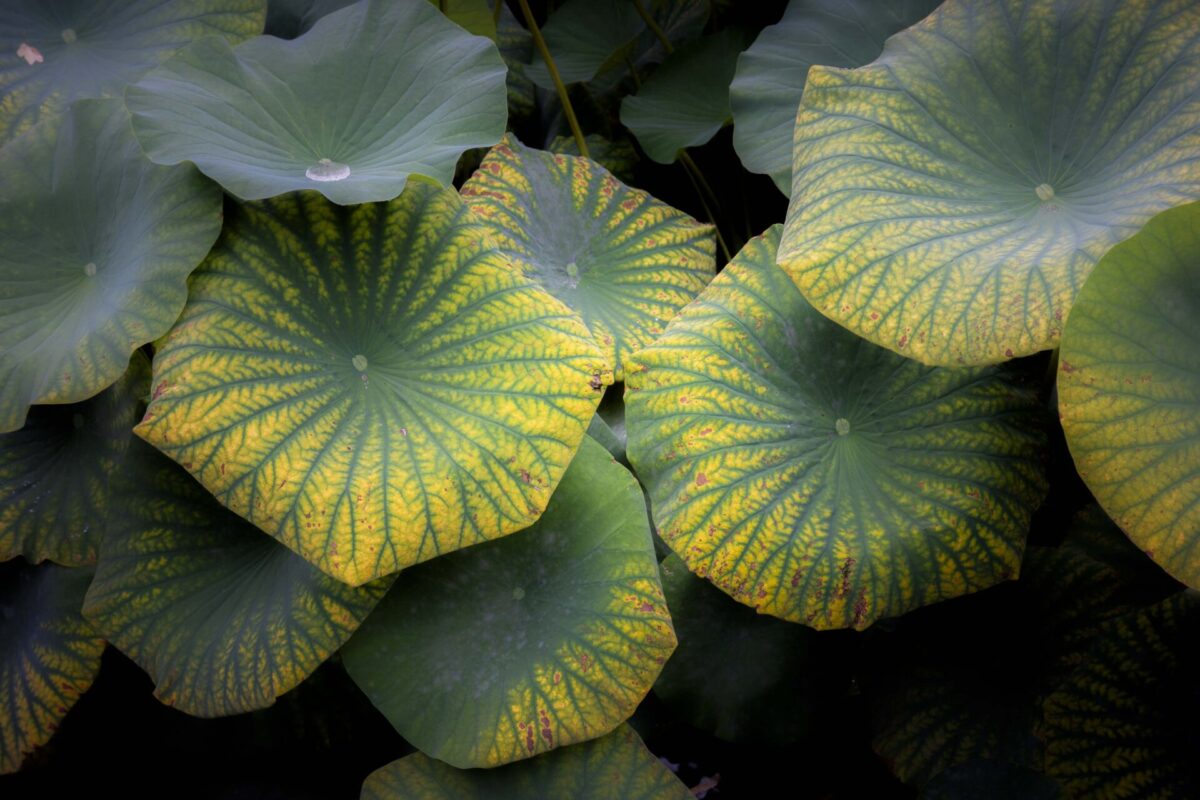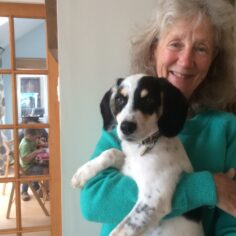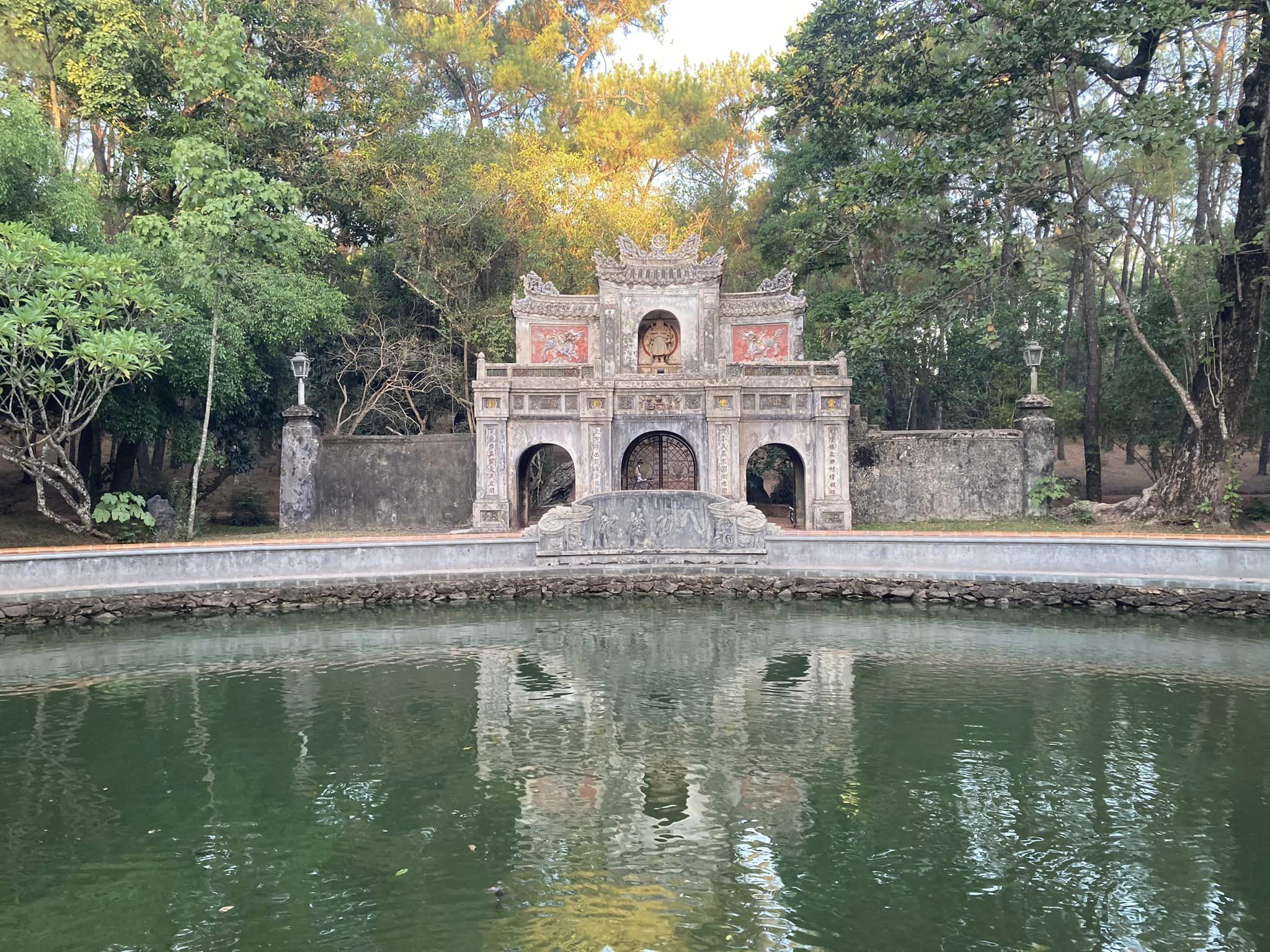By Jane Ellen Combelic on
Order of Interbeing member Jane Ellen Combelic shares her journey of healing her ancestral relationships through interbeing.
You are me, and I am you.
Isn’t it obvious that we “inter-are”?
Thích Nhất Hạnh, “Interrelationship”
One thing I love about growing older is the peace of heart that comes,
By Jane Ellen Combelic on
Order of Interbeing member Jane Ellen Combelic shares her journey of healing her ancestral relationships through interbeing.
You are me, and I am you.
Isn’t it obvious that we “inter-are”?
Thích Nhất Hạnh, “Interrelationship”
One thing I love about growing older is the peace of heart that comes, as if by grace. After all the years of ups and downs, all the dramas and heartbreaks, I’ve learned that the traumas aren’t as lasting and the sorrows aren’t as crushing as they once seemed.
I turned seventy last year. Like many people of my generation and culture (baby boomers in white America), I grew up blaming my parents for many of my troubles. I remember being at university, struggling in my first year, and going to see a therapist on campus. She probably wasn’t much older than I was, but in no time at all she had me kneeling on the floor, pounding on a chair in floods of tears, and screaming at my father. Ten tumultuous years later, I started weekly psychotherapy; in one breakthrough session I was again on the floor weeping, this time because my mother hadn’t loved me. Later came Co-Dependents Anonymous groups, personal growth workshops, and more therapists. In their own way, it all brought a kind of healing—a healing focused on past drama.
But in my late thirties, I landed at Plum Village. I spent three weeks at the Summer Retreat in 1990, went home, and continued meditating on my own for a while. It would be another decade before I discovered Sangha and my practice deepened. Healing came slowly. Over the years, life softened. I grew in compassion toward myself and others. I grew closer to my family. I was fortunate to attend both my parents at the end of their lives, times filled with grace.

It was Sangha that brought me in a roundabout way to Findhorn, an intentional community in Scotland where I still live. By some miracle I’m even married now to a man I met here thirteen years ago.
In 2013, I was invited to be part of the Findhorn Forgiveness Conference. In the months leading up to it, we had weekly meditations. That’s where I learned the Hawaiian ritual of Ho’oponopono, which involved sitting in a circle and, in our own time, softly saying the words, “I’m sorry, please forgive me, I love you, thank you.” This ritual occurs not in a straightforward, linear relationship based on having done something to someone and then being forgiven, or vice versa. Rather, Ho’oponopono takes place in a field beyond cause and effect, where things happen according to causes and conditions. If I feel that someone has harmed me, I can ask their forgiveness for being part of the energy that created the situation. This is what Thầy calls interbeing.
At the conference later that year Sobonfu Somé, an amazing spiritual teacher from Burkina Faso, led a powerful forgiveness ritual. After explaining the process, she sat with a row of other drummers in the middle of the hall and pounded a thrumming, resounding beat that lasted for hours. People gathered in the central space and, supported by a volunteer or a friend, gave way to wild emotions, releasing pent-up anger, rage, hurt. I went in the center with my own suffering and experienced my own healing.
On either side of the hall were two altars: a personal altar for individual relationships, and an ancestor altar where people had placed photographs or notes. Curious, I went and stood before the ancestor altar, thinking about my forebears. What a tangle of stories, of feelings, of questions!
My ancestors, as far as I know, came from northern Europe—Ireland, England, Norway, Germany, the Netherlands. They traveled across the ocean to the United States and ended up in the West, some recently, some generations back, eventually settling in the Columbia River Valley of Washington State. My ancestors endured many hardships; they brought the gifts of European cultures; they loved their children. They subdued the land, dammed rivers, and slaughtered animals; they may have committed atrocities against Native Indigenous peoples.
I stood before the altar twice during that forgiveness ritual, both times thinking of my ancestors’ suffering. I knew they had done the best they could in their circumstances. Yet I could not help but imagine the suffering they may have caused. I wondered how I could possibly forgive them. Part of my heart remained troubled, closed to those who had done harm.
Kneeling in the center of the hall again, waves of guilt overcame me. I regretted not being more present with my brother before he died of cancer. I mourned the loss of relationships where I had done wrong. I remembered harsh words I had said, mean-spirited actions I had committed, and selfishness I had felt. I wept for the suffering I had caused others, and myself. I realized that guilt had plagued me all my life. I let it arise, and I let it out.
Finally, feeling drained and cleansed, I stood a final time before the ancestor altar. Behind me I heard drums, wails, sobs. This time, humbly and with my head bowed, I begged my ancestors for forgiveness. “Please forgive me,” I prayed. In the inner silence that followed, I heard a clear response: “There is no need for us to forgive you. What we need is your forgiveness.”
Suddenly my heart opened. Love flowed in and streamed backward and forward through time. I held nothing back. Forgiving every one of my ancestors, known and unknown, was an honor and a privilege. It was my duty to stand in the river of my ancestry as it flows from time immemorial into a sea of love and awakening.
As Thầy says in his poem “Interrelationship”: “I am in this world to bring you peace.”
Since then, I’ve become more and more aware that my dead are all around me. I know other cultures, especially Indigenous ones, live with this knowledge every day, but it hasn’t been part of my American Protestant spirituality. I feel closer now to my parents than I ever remember. Several times, my mother or my father has come to me, filled with joy and love, to help me in some way. The same is true of my spiritual ancestors. After I met Thầy in 1990, I only meditated on my own for a few months before dropping the practice entirely. Over the next twelve years, I explored other spiritual traditions. Eventually I realized I compared everything I learned to Thầy’s teachings, and I knew that he was my root teacher. In the ensuing twenty years, I have devoted myself to the practice of Plum Village.
About a week after Thầy died, he came to me one morning; his presence was clear, warm, and loving. As he said himself many times, we don’t die. He hasn’t gone anywhere. I am blessed to have met him and to have received his teachings.
I am blessed to live this one life, given to me by my ancestors. When I let go of my conditioning and my fears, I feel so much less alone. May you, too, know that you are not alone. May you be happy, may you be free, may you be at peace.


